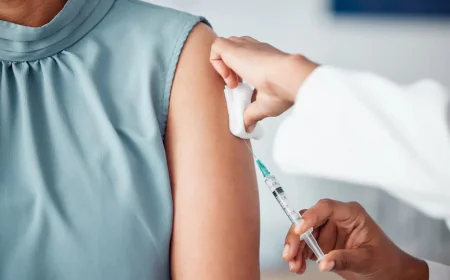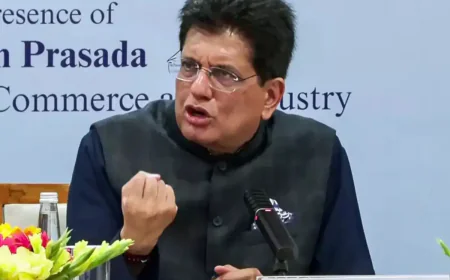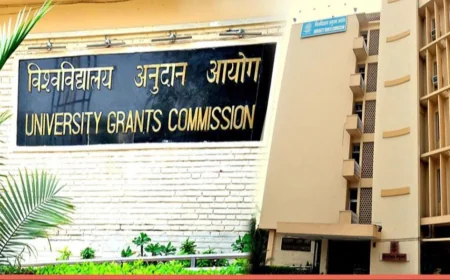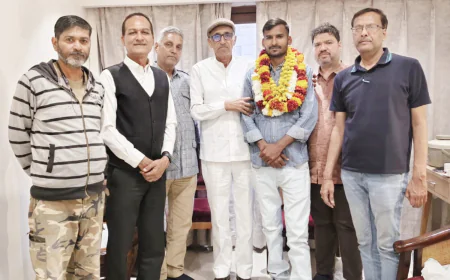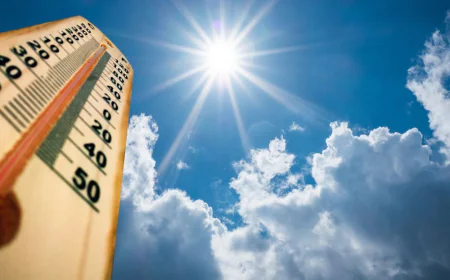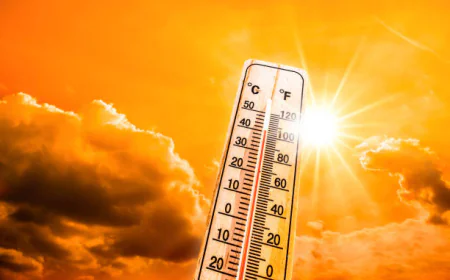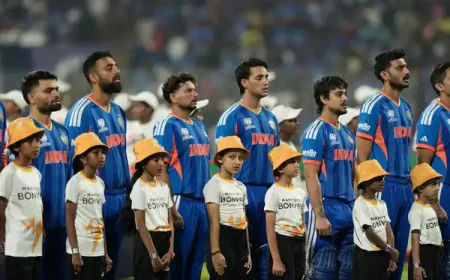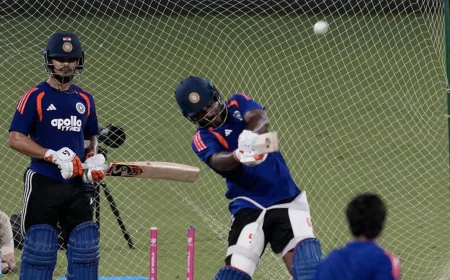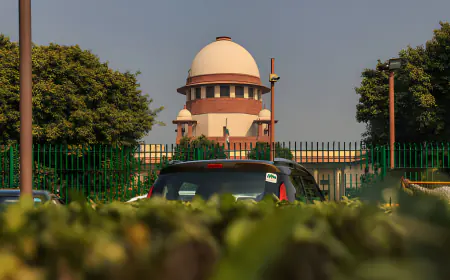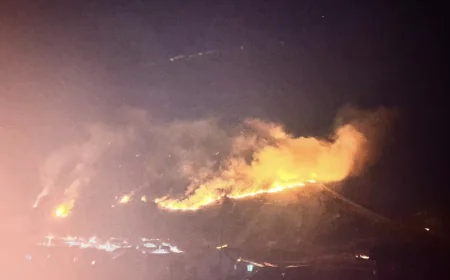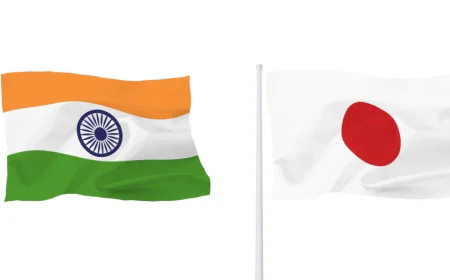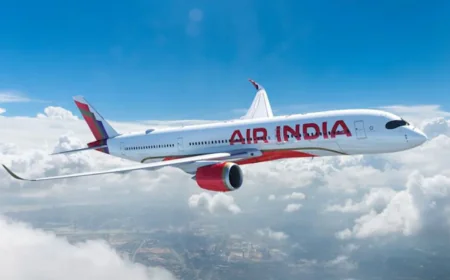Parliamentary Panel Flags Air Safety Gaps: Calls for DGCA Autonomy, Fatigue Management and Fair Airfares
The Parliamentary Committee has recommended giving autonomy to DGCA to improve air safety, focusing on pilot fatigue management and controlling arbitrary fares by airline companies. The committee has also stressed making safety rules for helicopter services and strengthening the pilot training structure.
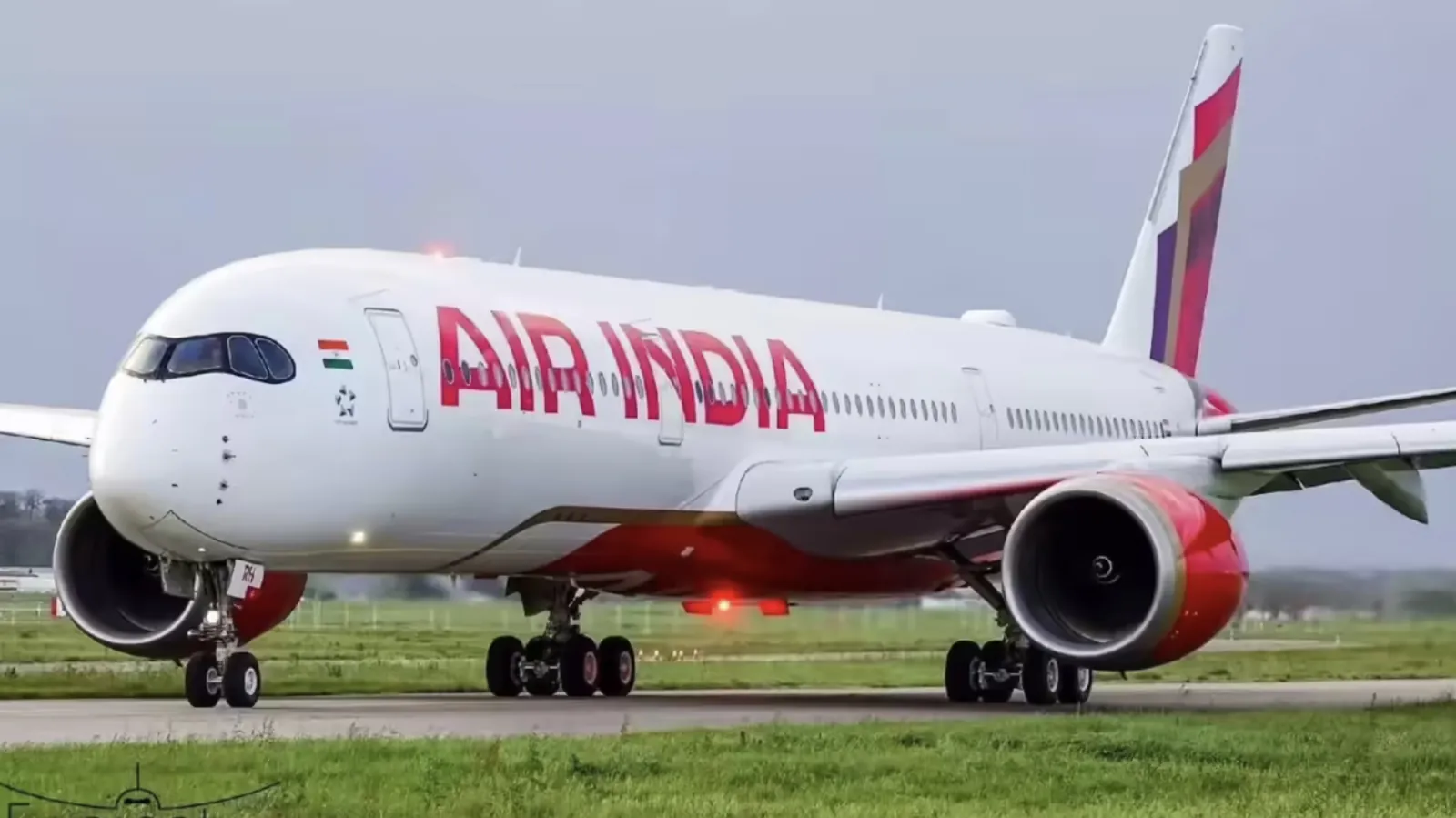
The condition of air safety in the nation is not satisfactory. If air travel has to be made safe, then the government will have to take steps on many levels. For this, the regulatory Directorate General of Civil Aviation (DGCA) will have to be granted full autonomy.
The pilots and other crew personnel employed by airline companies, the officers and employees of ATC, will have to manage their fatigue; i.e., the act of inducing them to work beyond a specified period will have to be stopped.
To eliminate all the components concerning the safety of the aviation industry, the government will be required to operate a program to eliminate them within a specified time period. This has been said in the latest report of the Standing Parliamentary Committee on Transport, Tourism and Culture.
Want to get your story featured as above? click here!
Want to get your story featured as above? click here!
This report of the committee headed by JD (U) MP Sanjay Jha is being seen in the context of the recent Air India plane crash and helicopter accidents in some parts of the country. The committee has also drawn the attention of the government to the issue of arbitrary fare hikes by airlines.
The Civil Aviation Ministry, as well as the DGCA, has been told that when there is a sudden and very high increase in air fares, they should intervene using their authority. The government has the right to intervene under Section 135 (4) of the Aircraft Rules, 1937. The committee believes that a limit should be set on how much airlines can charge, even during peak season or emergency situations. This is necessary to protect the interests of customers and to prevent cartelisation in the aviation sector.
Three helicopter accidents have occurred in Uttarakhand alone in May-June 2025. To make helicopter travel safe, the parliamentary committee has said that a safety rule should be formulated for helicopter services across the country. Every state should be allowed to run a helicopter service based on this framework. It should also contain details of what kind of pilots should be appointed in which area.
There is no clarity about the rules right now. State governments make rules, and the Center has a limited role in it. This leaves some loopholes in the security system. The report recommends strengthening the pilot training framework and paying special attention to human factors and fatigue management for the flight crew. The committee has advised continued investment and monitoring in the pilot training framework to ensure an adequate and high-quality supply of pilots.
The report recommends strict adherence to Flight Duty Time Limitation (FDTL) rules and promotion of mental health awareness. Giving an important suggestion regarding safety in a sector like civil aviation, it has been said to encourage open reporting of errors.
If an employee brings out the internal matter of the department, his interests should also be protected. There should be no punitive action against him. This strengthens the culture of transparency. The committee stressed that if India has to prevent accidents and move towards a proactive safety system, then such a change is necessary.

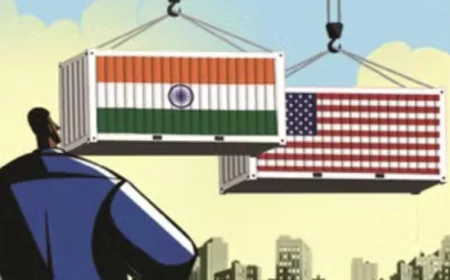






























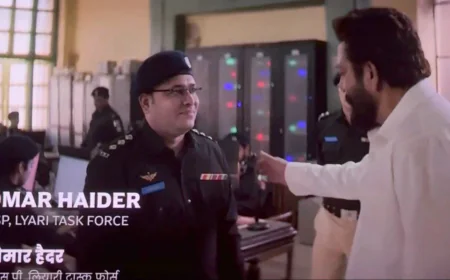




.jpeg)













